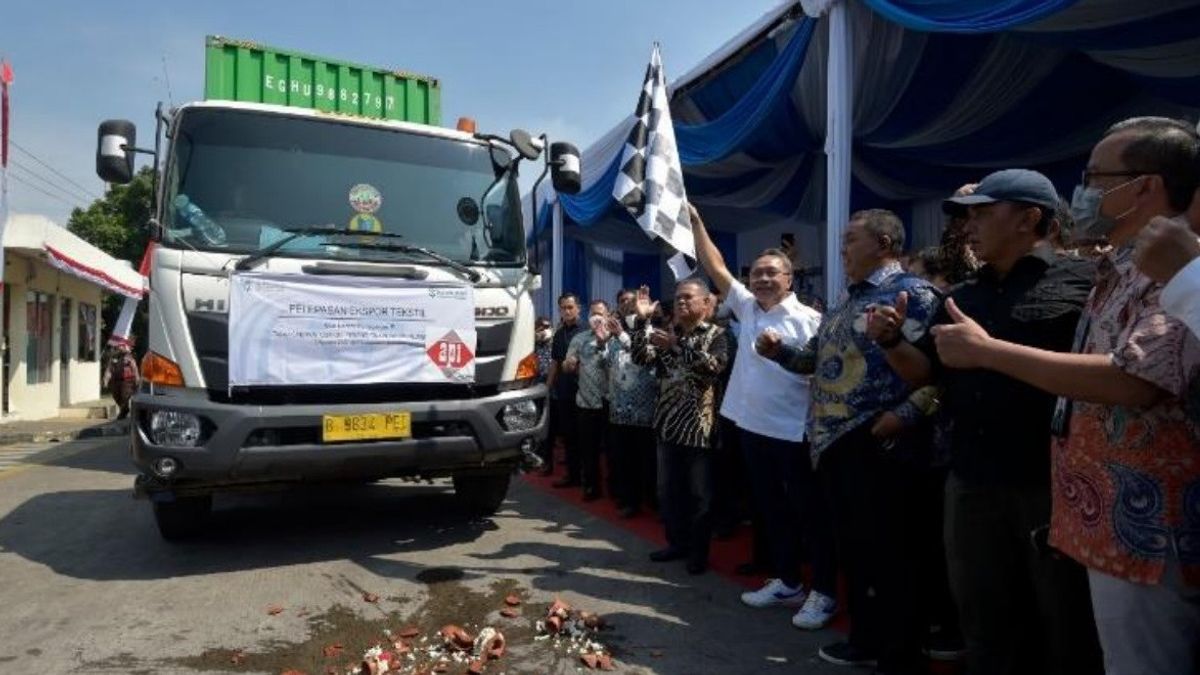JAKARTA – The national textile industry is increasingly showing good performance in the second half of 2022 after being severely depressed due to the COVID-19 pandemic.
This indication can be seen from the latest export achievement of 10 containers of polyester yarn to Germany, Poland, Malaysia, India, and Estonia with a transaction value of not less than US$400,000 or equivalent to Rp5.86 billion.
Minister of Trade (Mendag) Zulkifli Hasan said this export could be a momentum to increase trade in other textile products abroad in line with the government's efforts to restore the national economy.
"We will continue to expand the export market for Indonesian products and become a driving force for the economy in the recovery period after the pandemic," he said in a press statement quoted on Sunday, August 14.
According to the Minister of Trade, the export value of textiles and textile products (TPT) for the January-May 2022 period is US$5.5 billion. That number grew 22 percent on an annual basis from the same period in 2021 of 4.2 billion US dollars.
"In 2021, Indonesia will be in the 15th position as the largest exporter of textiles and textile products. I appreciate companies that continue to encourage increased exports so that they can contribute to economic recovery. We will continue to support companies like this," he said.
The Trade Minister added that in general, Indonesia managed to achieve a trade balance surplus of US$ 24.8 billion during the first semester of 2022. In his explanation, the surplus was supported by the dominant contribution of the non-oil and gas sector which recorded a trade of 36.5 billion.
"The achievement of this trade performance cannot be separated from the role of business actors who continue to carry out export activities to various Indonesian trading partner countries," he said.
On the same occasion, General Chairperson of the Indonesian Textile Association (API) Jemmy Kartiwa Sastraatmaja appreciated the government's full support for business actors.
The reason is, the presence of the state is very strategic to provide protection and regulation in the domestic textile industry.
"This is all because we want to have the same opportunities and opportunities so that we can compete with foreign products," he said.
The English, Chinese, Japanese, Arabic, and French versions are automatically generated by the AI. So there may still be inaccuracies in translating, please always see Indonesian as our main language. (system supported by DigitalSiber.id)










